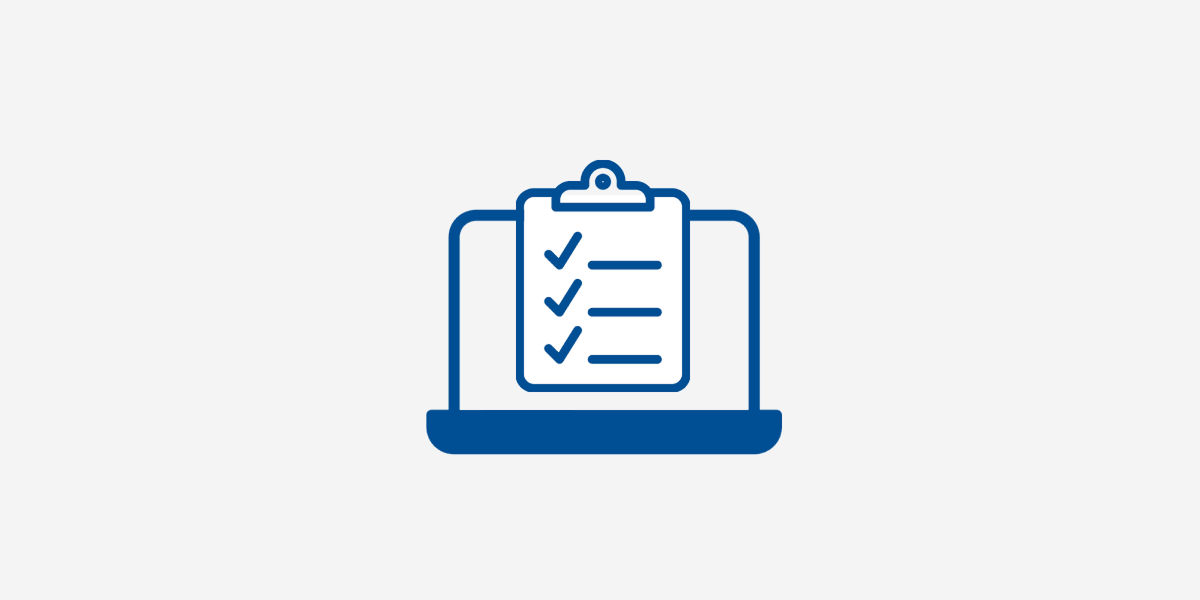Steady Progress Toward Introduction
In the standard Microza® introduction process, Asahi Kasei begins by listening to customer challenges, conducts sample tests as needed, and examines the feasibility of applying Microza®. Operating conditions and specifications are also considered together. Ongoing support is provided after implementation.
Microza® Introduction Process
Standard Introduction Process
-
Hearing the outline of the separation process and issues to be consideredWe will listen to the details and conditions of the intended separation process and support the initial assessment of whether hollow fiber membranes can be applied. If applicable, we will assist in selecting Microza® products; if other separation technologies are more suitable, we will provide guidance accordingly.
-
Small-Volume Sample Test with Pencil-Type ModulePurchase several pencil modules selected in Step 1 and conduct a simple filtration test using several hundred mL of sample. Based on the test results, the options are narrowed down to one or two candidates.
-
Sample Test with Lab ModuleUsing the product model selected in Step 2, a lab module test is conducted with several tens of liters of sample. By sending the required amount of sample to our technical center, a sample test (for a fee) can be performed. Test equipment rental is also available. This test provides information on the filtration capacity, optimal operating conditions, concentration factor, and cleaning conditions of the selected hollow fiber membrane. All necessary engineering data for commercial plant design can be obtained.
-
Assessment of Hollow Fiber Membrane Applicability (Customer)Both parties share the sample quality, processing speed, and overall cost image obtained in Step 3, and the customer determines whether the intended processing can be achieved with Microza®.
-
Aligning Operating Conditions and Equipment Specifications for IntroductionBased on the test results obtained in Step 3, operating conditions and equipment specifications are considered according to customer needs, and specific adjustments are made for introduction. Support content varies depending on customer requirements and circumstances, as follows.
-
Order PlacementIf the proposal from Asahi Kasei meets the customer's requirements and is satisfactory, the customer places an order for hollow fiber membranes or membrane filtration equipment.
-
Delivery, Test Operation (Equipment)Based on the customer's order, Microza® and membrane filtration equipment manufactured at Asahi Kasei's Fuji Plant are delivered to the desired site. The customer arranges for unloading, horizontal transport, carrying in, installation, piping connection, and primary power connection. After installation is complete, Asahi Kasei technical staff conduct on-site test operation and confirmation.
-
Technical Support After Microza® IntroductionTo ensure smooth startup and stable operation of production facilities, Asahi Kasei engineers provide technical support after Microza® introduction. Module analysis is also available (for a fee) to assess appropriate replacement cycles and hollow fiber blockage.
If only the membrane module is purchased and incorporated into the existing equipment
Based on the results of the lab module test in Step 3, discussions are held on optimizing Microza® for the current equipment, including reviewing operating conditions.If only the membrane module is purchased and the equipment is designed and manufactured by the customer
Based on the test results from Step 3, the customer considers the design, manufacture, and operating conditions of the equipment. Asahi Kasei provides technical support and advice as needed to ensure optimal operation along with module supply.If both the membrane module purchase and equipment design/manufacture are requested from Asahi Kasei
Based on the test results from Step 3, Asahi Kasei provides integrated support from design to manufacture of the optimal equipment for the customer. In addition to standard equipment, custom-made equipment can be designed and manufactured to meet specific customer specifications and operating conditions, offering flexible support.
Introduction Process for Water Treatment Applications
-
Hearing on Raw Water and TargetsWe ask about the origin, quantity, and quality (temperature, pH, COD, BOD, TOC, turbidity, SS, etc.) of the raw water to be treated, as well as the target quantity and quality after treatment.
-
Proposal of Module and Operating ConditionsBased on the information provided, we propose the optimal module type and quantity, a simple equipment outline, and operating conditions. After determining the module type and quantity, we provide a quotation and shipping schedule. A free web application is also available for customers to perform their own calculations.
-
Shipping and Operation AttendanceModules are shipped based on the customer's order form. Support is provided during introduction and startup as needed. After-sales service is also available for continued peace of mind after introduction.


